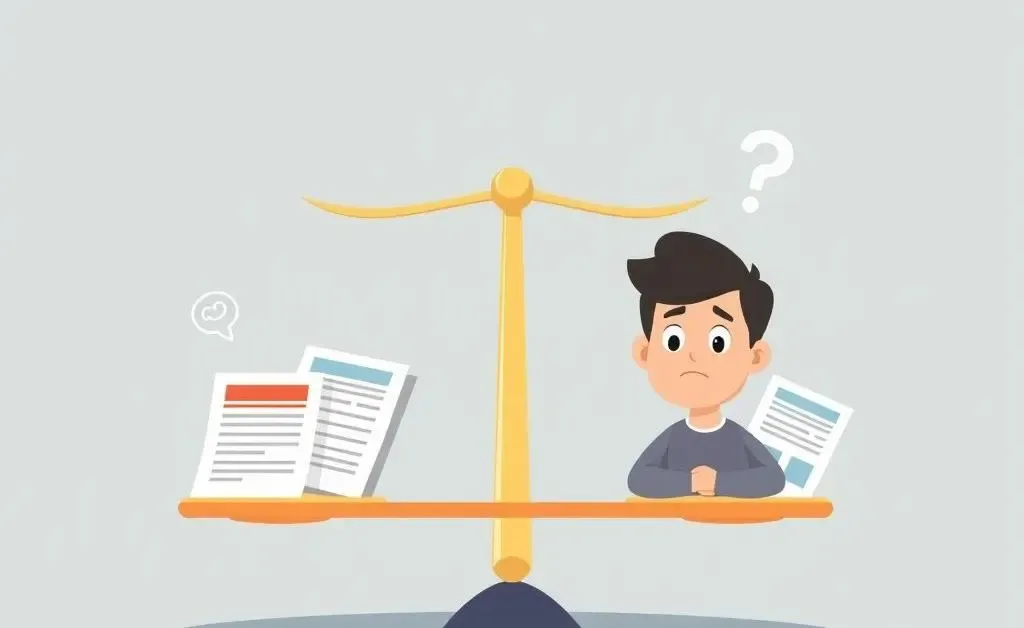Understanding Subrogation: What It Means for Your Insurance Claims
Explore subrogation in insurance claims and learn how it affects your recovery process.

Have you ever filed an insurance claim, only to hear back about something called 'subrogation'? It's one of those terms that tends to send a sense of mystery through the room whenever it's mentioned. Understanding subrogation can make your insurance claim process a little less puzzling.
What Is Subrogation?
In simple terms, subrogation allows your insurer to pursue a third party that caused an insurance loss to you. For example, if another driver's mistake results in damages to your car, your insurance might pay for repairs and later go after that other driver’s insurance to recover costs. By doing this, your insurer helps themselves and you in the process, minimizing the claim's impact on your record.

Why Subrogation Matters to You
The concept might sound more relevant to your insurance company than you, but successful subrogation can impact your deductible. Often, if your insurance company recovers the costs, you may get part of your deductible back. So, keeping this in mind can make the whole process feel a bit sunnier!
The Claim Process: Ready for a Little Anecdote?
Imagine walking into a maze, expecting to make your way straight through. Much like Tom did when he first dealt with his insurance company. Feeling anxious over a recent fender bender, he was relieved when the adjuster handled his claim smoothly. But then came subrogation—initially confusing, Tom soon learned this twist could reduce claim burdens.

Common Subrogation Scenarios
- Car accidents where another driver is at fault.
- Property damage from a neighbor's renovation mishap.
- Fire damage from a faulty appliance model.
The insurer’s initiative in these cases not only aids your finances but also holds third parties accountable for their actions.
Protecting Your Interests
While the insurer handles subrogation, it’s wise to stay informed and involved. Keeping communication open ensures you’re always in the loop.

Does the concept of subrogation make the tangled web of insurance clearer for you? Or are there still elements of this process that feel like solving a convoluted riddle? Let me know your thoughts about handling such claims and steps you’ve found useful!




